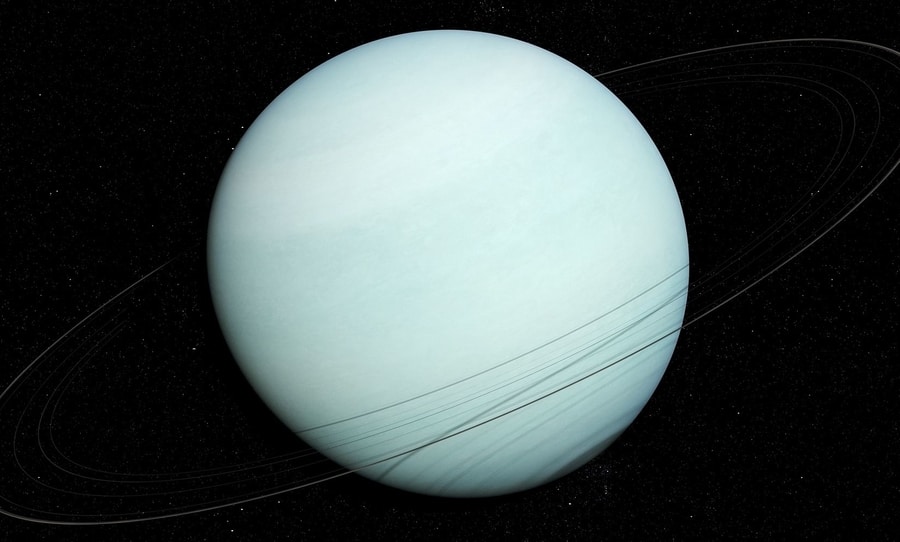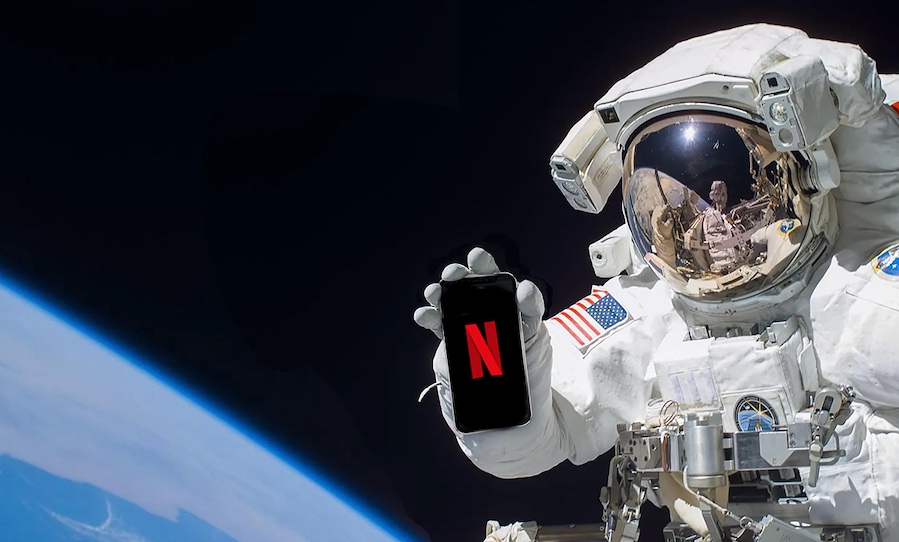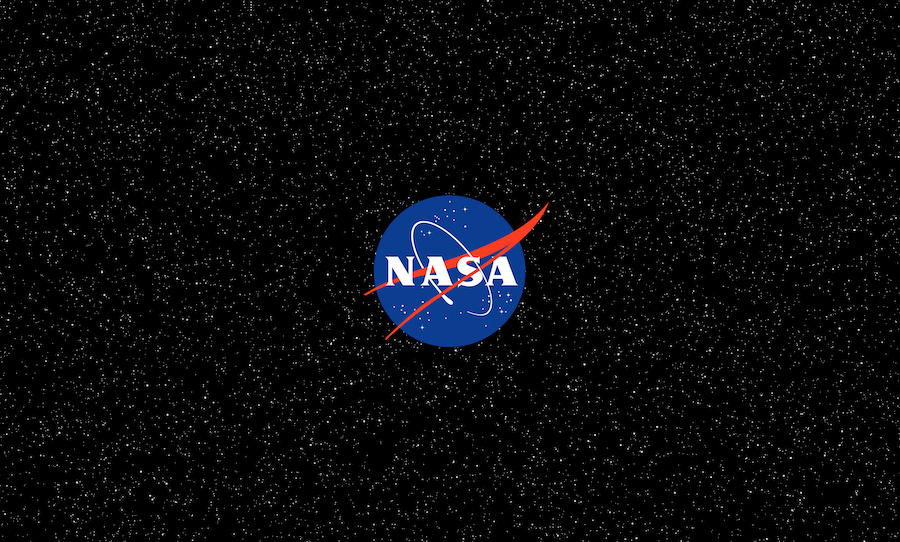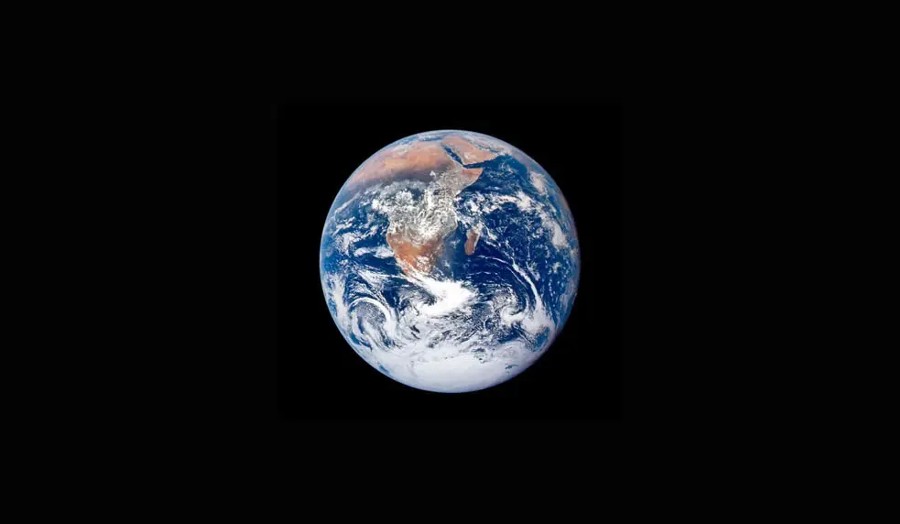Over the weekend, we reported on the news that Uranus is, in all seriousness, leaking gas.
The discovery was made when NASA scientists were revising decades-old data from 1986 when the Voyager 2 spacecraft passed by Uranus – the only time we’ve paid the icy planet a visit.
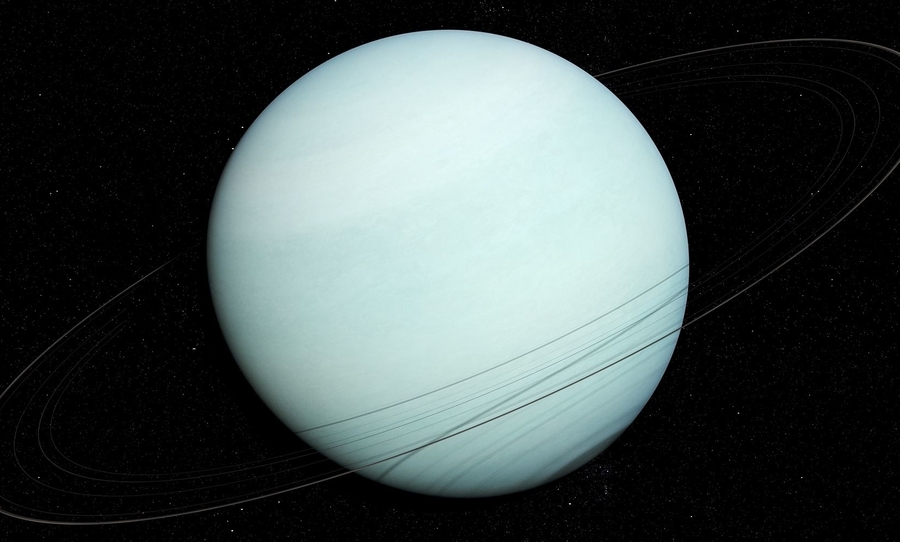
You better believe it: scientists have discovered that Uranus is leaking gas. But could that mean bad news for the planet?
The gas in question was, in fact, a giant plasma bubble – or plasmoid – 127,000 miles long and twice as wide (or, to put it another way, a width ten times the Earth’s circumference). The plasmoid contained part of the planet’s atmosphere. Whilst only one such secretion was recorded, scientists think that these could be occurring every 17 hours, every time the planet completes a rotation.
But what does this mean? Well, in essence, the planet’s atmosphere is being drained.
Scientists believe that a similar occurrence is what led Mars to drastically change around four billion years ago. At that time, the planet’s outer core ceased moving and its global magnetic field collapsed. As a result, much of the planet’s atmosphere was removed by the solar wind. Scientists believe that Mars was once filled with water, yet following this loss of atmosphere, the planet was transformed into the arid place we know it as today.
Scientists even believe that a similar leak happens on earth, with our very own planet releasing about 100 tons of gases into space every day. Yet lucky for us, Earth’s magnetic field protects its atmosphere. If that weren’t the case, a loss of atmosphere would cause the sky to turn black, the oceans to boil, the Earth’s surface to drop below freezing, and total elimination of all life. Uplifting.
So what about Uranus? Well, it seems the gassy planet is also in luck. A combination of its global magnetic field and an excess of gas means that its excretions probably won’t affect the planet too much.
Speaking on the research, Paul Byrne, a planetary geologist at North Carolina State University, described: “Even with moderate gassiness, it’s likely that Uranus will be able to hold on to most of its atmosphere for the remainder of the solar system’s life.”
“Uranus just has that much gas,” he continued.
Well, it seems Uranus is safe. That is, until the solar system dies.
But take heart, that’s probably not going to happen for 1 quadrillion years.
